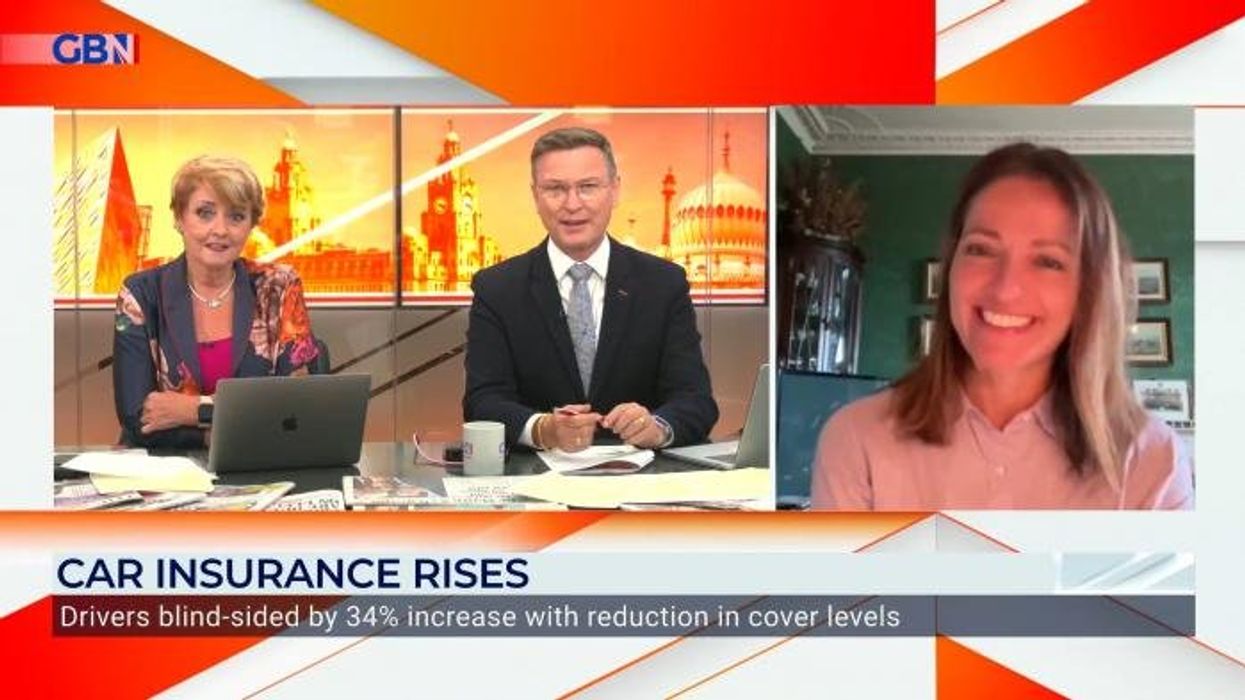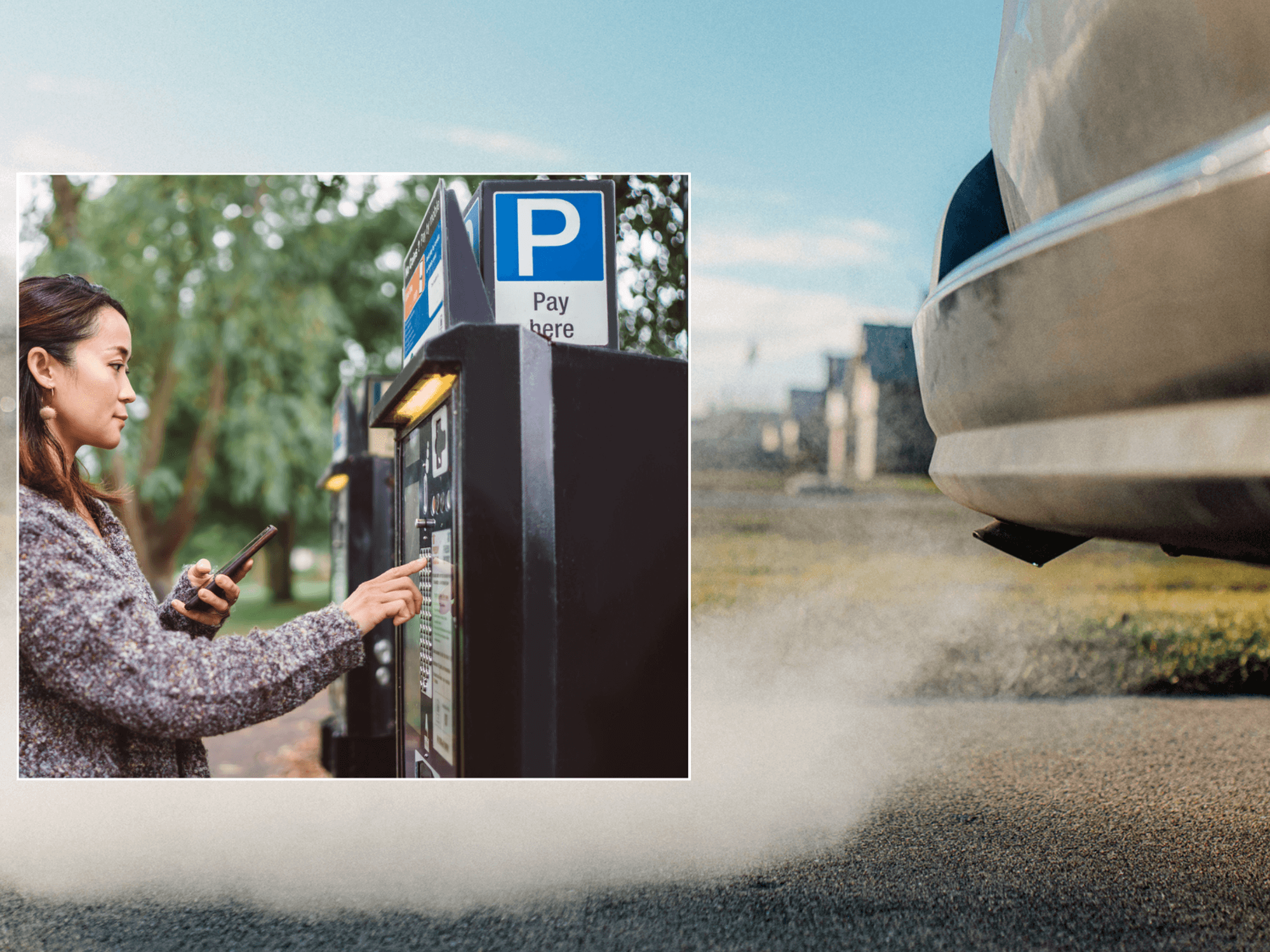Rats causing car insurance havoc after driver slapped with £24,000 repair bill for rodent damage

Drivers have been told to stay 'extra-vigilant' during winter months
Don't Miss
Most Read
Latest
Experts have warned that insurance claims for vehicle damage caused by rodents have soared in recent years.
New data recorded a 28 per cent annual increase in motor claims for rodent damage, with experts calling on drivers to be careful.
Claims included rodents nesting in vehicles, chewing internal wiring and even gnawing at seatbelts.
Drivers are now being told to prepare themselves for the colder months, when rats and mice could look for shelter and choose cars.
TRENDING
Stories
Videos
Your Say
Data from Aviva shows that the average claim in 2024 was £2,494 in the event of a rodent attack.
However, one unlucky driver was left with a claim of more than £24,000 from interior and exterior damage. The car was eventually written off.
Costs involved with rodent-related damage have increased by around 11 per cent annually, as drivers faced a £2,253 claim in 2023.
The most common types of damage identified by drivers include rodent nests discovered in engines and behind passenger airbags.
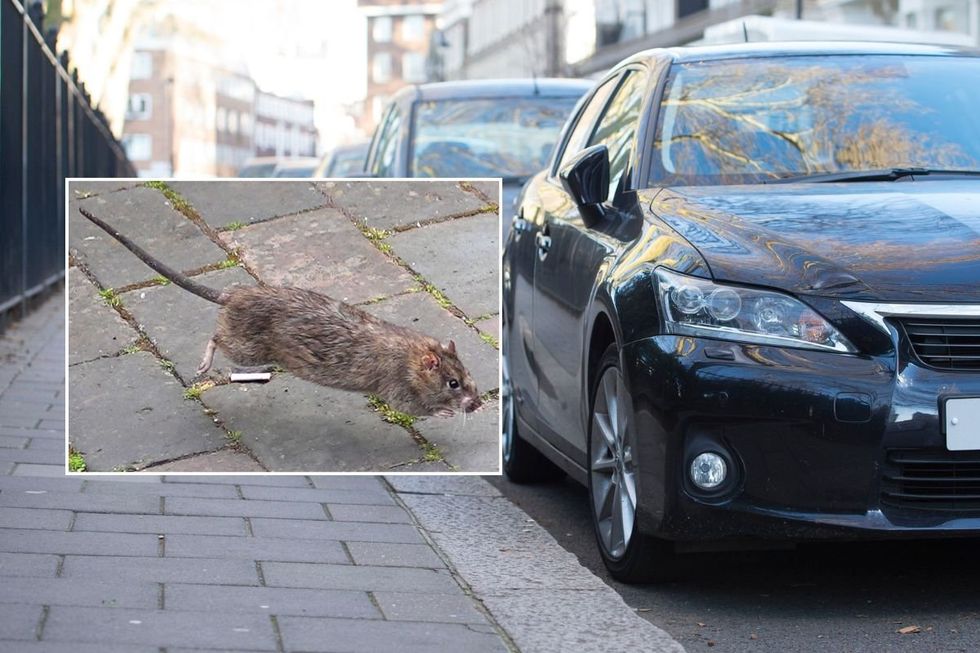
Drivers are submitting enormous claims in response to rodent damage
|PA
Other issues included gnawed seats, seatbelts, footwells and carpets, while fuel and water leaks have also been identified.
Commenting on the rise in damages, James Driscoll, motor claims manager at Aviva, highlighted how Britons may be unaware of the damage that rodents can cause.
He added: "In the winter months, mice and rats look for warmer places to nest and they can squeeze into the tiniest of gaps, including the grilles, vents or open windows of vehicles.
"Once inside a car, rodents can cause significant damage, from chewing wires and gnawing at interiors, to nesting in engines."
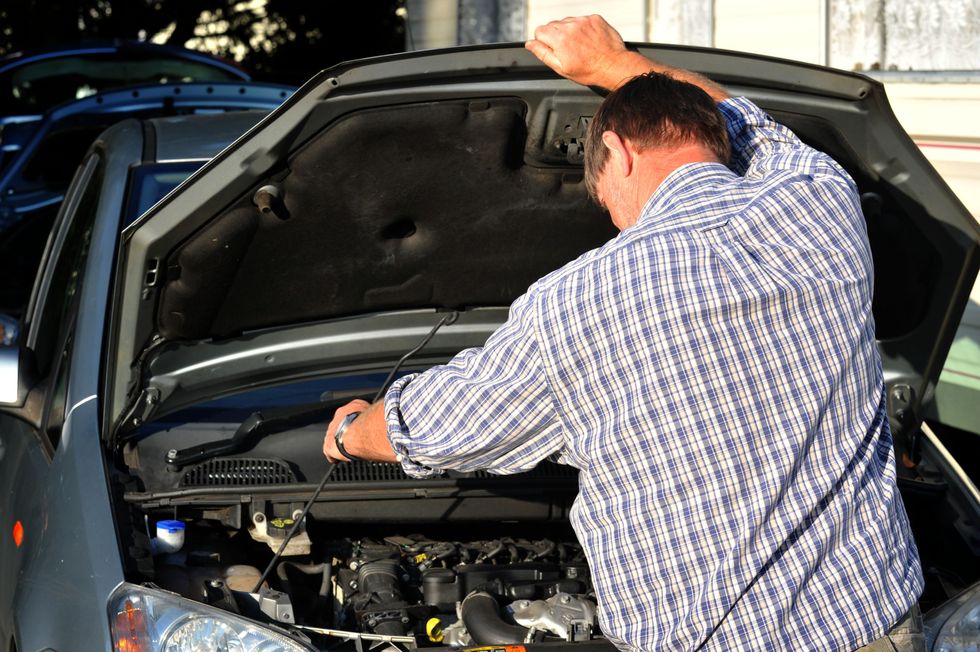
Experts have called on drivers to ensure their cars are free of rodents in the colder months
| PALATEST DEVELOPMENTS:
Mr Driscoll added that the issue tends to be more common in urban areas, especially those with a dense population.
Extensive drainage networks and an ageing infrastructure can also attract rodents and create ideal conditions for them to thrive.
The expert also urged drivers to check their insurance policies, as not all insurers will cover damage caused by rodents.
He continued, saying: "It's worth being extra-vigilant, especially during the winter months.
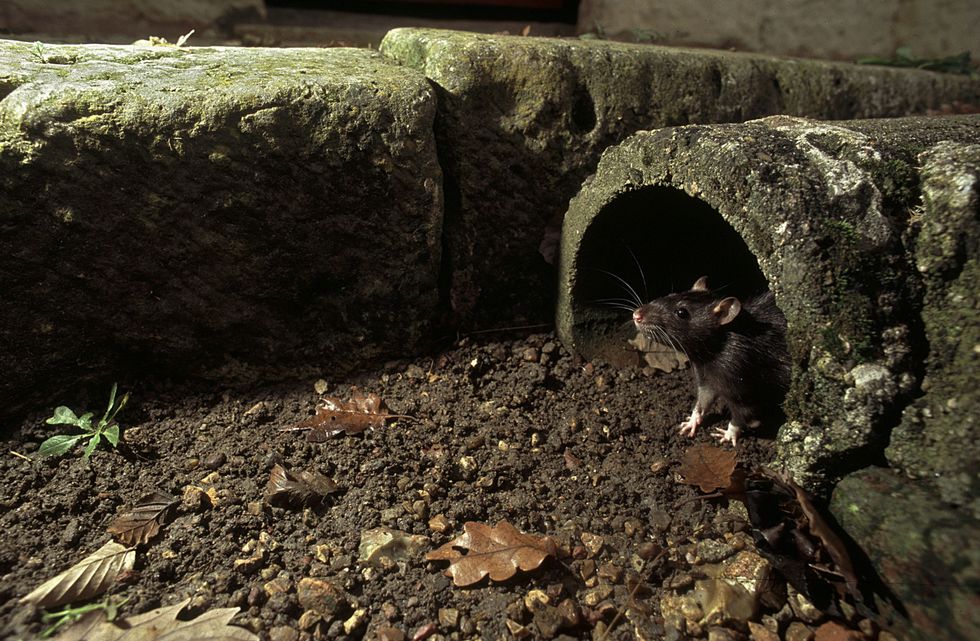
Winter months can be particularly problematic for rodent damage
|GETTY
"If you notice any signs of gnawing or suspect rodent damage in your car, contact your insurer straight away, who will be able to assist."
Some drivers have warned that manufacturers are starting to include certain types of materials inside the vehicle that could attract rodents and even foxes.
Motorists have identified that some new vehicles use materials like soya in various components to meet green targets.
However, this could lead to an increase in rodents and foxes being attracted to the vehicle, heightening the risk of it being damaged.


